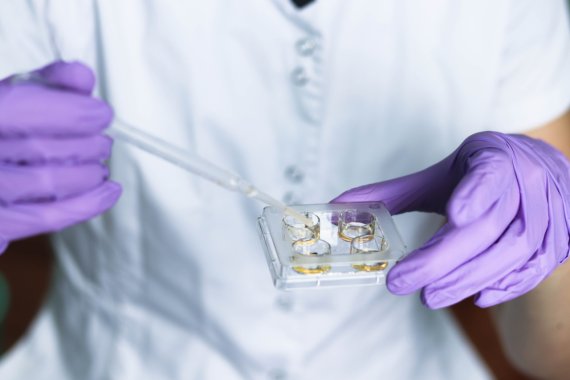©Shutterstock
The investment was prompted by the Van Rijn Commission, which advised the minister of Education to invest more in science and technology.
True to the spirit of the Van Rijn commission, the social sciences at WUR will not be getting any additional staff, explains rector Arthur Mol. ‘But we are not taking money away from the social sciences, as the commission recommended.’
8.8 million
The Van Rijn Commission recommended that the minister allocate extra funding this year to science degree programmes at the universities, at the expense of the social sciences and the humanities. The minister adopted the recommendations and translated them into the education budget on Prinsjesdag, when the Dutch cabinet’s budget is presented. This will give Wageningen University an extra 4.5 million euros next year for its natural sciences degrees, and that will increase steadily to 8.8 million in 2024. The Executive Board has decided to pass the money straight on to the science groups.
PhD students
Besides the 70 additional lecturers, the chair groups will be able to take on 70 more PhD and Postdoc researchers between them in the next few years. And this investment is for the social sciences too. The Executive Board intends it to be used to offer talented Master’s students a PhD position, and to invest more in the investment themes, the AMS and One Planet institutes, grants for African PhD students and the Gerrit Grijns Initiative. The first 35 PhD and postdoc researchers will be appointed in 2020, and the second batch will follow in 2022.
Data Science
Finally, the Board also plans to invest specifically in the research areas of Data Science and Artificial Intelligence. In the next few years, 800,000 euros per year will be spent on these research topics. Thanks to the new appointments, the Board expects a systematic reduction in the work pressure for the chair groups. Another result of the Van Rijn funding is that the university will lift the recruitment limit on two of its Bachelor’s programmes. The degree in Biotechnology, which still had a selection procedure for this academic year, will admit all qualified applicants next year. The Nutrition and Health programme will start doing so in 2021.

